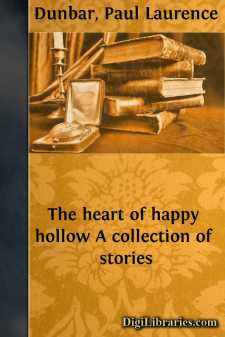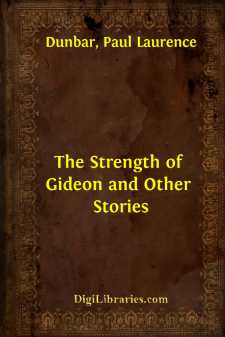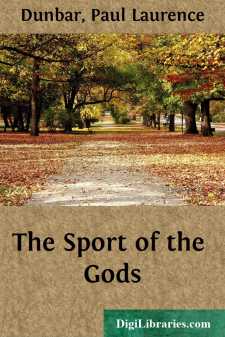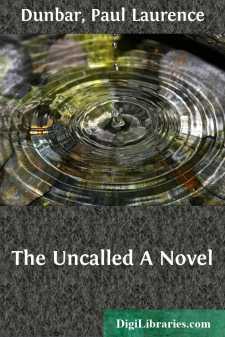Categories
- Antiques & Collectibles 13
- Architecture 36
- Art 48
- Bibles 22
- Biography & Autobiography 816
- Body, Mind & Spirit 145
- Business & Economics 28
- Children's Books 18
- Children's Fiction 14
- Computers 4
- Cooking 94
- Crafts & Hobbies 4
- Drama 346
- Education 58
- Family & Relationships 59
- Fiction 11834
- Foreign Language Study 3
- Games 19
- Gardening 17
- Health & Fitness 34
- History 1378
- House & Home 1
- Humor 147
- Juvenile Fiction 1873
- Juvenile Nonfiction 202
- Language Arts & Disciplines 89
- Law 16
- Literary Collections 686
- Literary Criticism 179
- Mathematics 13
- Medical 41
- Music 40
- Nature 179
- Non-Classifiable 1768
- Performing Arts 7
- Periodicals 1453
- Philosophy 66
- Photography 2
- Poetry 897
- Political Science 203
- Psychology 45
- Reference 154
- Religion 516
- Science 126
- Self-Help 86
- Social Science 82
- Sports & Recreation 34
- Study Aids 3
- Technology & Engineering 59
- Transportation 23
- Travel 463
- True Crime 29
Our website is made possible by displaying online advertisements to our visitors.
Please consider supporting us by disabling your ad blocker.
The heart of happy hollow A collection of stories
Categories:
Description:
Excerpt
The law is usually supposed to be a stern mistress, not to be lightly wooed, and yielding only to the most ardent pursuit. But even law, like love, sits more easily on some natures than on others.
This was the case with Mr. Robinson Asbury. Mr. Asbury had started life as a bootblack in the growing town of Cadgers. From this he had risen one step and become porter and messenger in a barber-shop. This rise fired his ambition, and he was not content until he had learned to use the shears and the razor and had a chair of his own. From this, in a man of Robinson's temperament, it was only a step to a shop of his own, and he placed it where it would do the most good.
Fully one-half of the population of Cadgers was composed of Negroes, and with their usual tendency to colonise, a tendency encouraged, and in fact compelled, by circumstances, they had gathered into one part of the town. Here in alleys, and streets as dirty and hardly wider, they thronged like ants.
It was in this place that Mr. Asbury set up his shop, and he won the hearts of his prospective customers by putting up the significant sign, "Equal Rights Barber-Shop." This legend was quite unnecessary, because there was only one race about, to patronise the place. But it was a delicate sop to the people's vanity, and it served its purpose.
Asbury came to be known as a clever fellow, and his business grew. The shop really became a sort of club, and, on Saturday nights especially, was the gathering-place of the men of the whole Negro quarter. He kept the illustrated and race journals there, and those who cared neither to talk nor listen to someone else might see pictured the doings of high society in very short skirts or read in the Negro papers how Miss Boston had entertained Miss Blueford to tea on such and such an afternoon. Also, he kept the policy returns, which was wise, if not moral.
It was his wisdom rather more than his morality that made the party managers after a while cast their glances toward him as a man who might be useful to their interests. It would be well to have a man—a shrewd, powerful man—down in that part of the town who could carry his people's vote in his vest pocket, and who at any time its delivery might be needed, could hand it over without hesitation. Asbury seemed that man, and they settled upon him. They gave him money, and they gave him power and patronage. He took it all silently and he carried out his bargain faithfully. His hands and his lips alike closed tightly when there was anything within them. It was not long before he found himself the big Negro of the district and, of necessity, of the town. The time came when, at a critical moment, the managers saw that they had not reckoned without their host in choosing this barber of the black district as the leader of his people.
Now, so much success must have satisfied any other man. But in many ways Mr. Asbury was unique. For a long time he himself had done very little shaving—except of notes, to keep his hand in. His time had been otherwise employed. In the evening hours he had been wooing the coquettish Dame Law, and, wonderful to say, she had yielded easily to his advances.
It was against the advice of his friends that he asked for admission to the bar....






